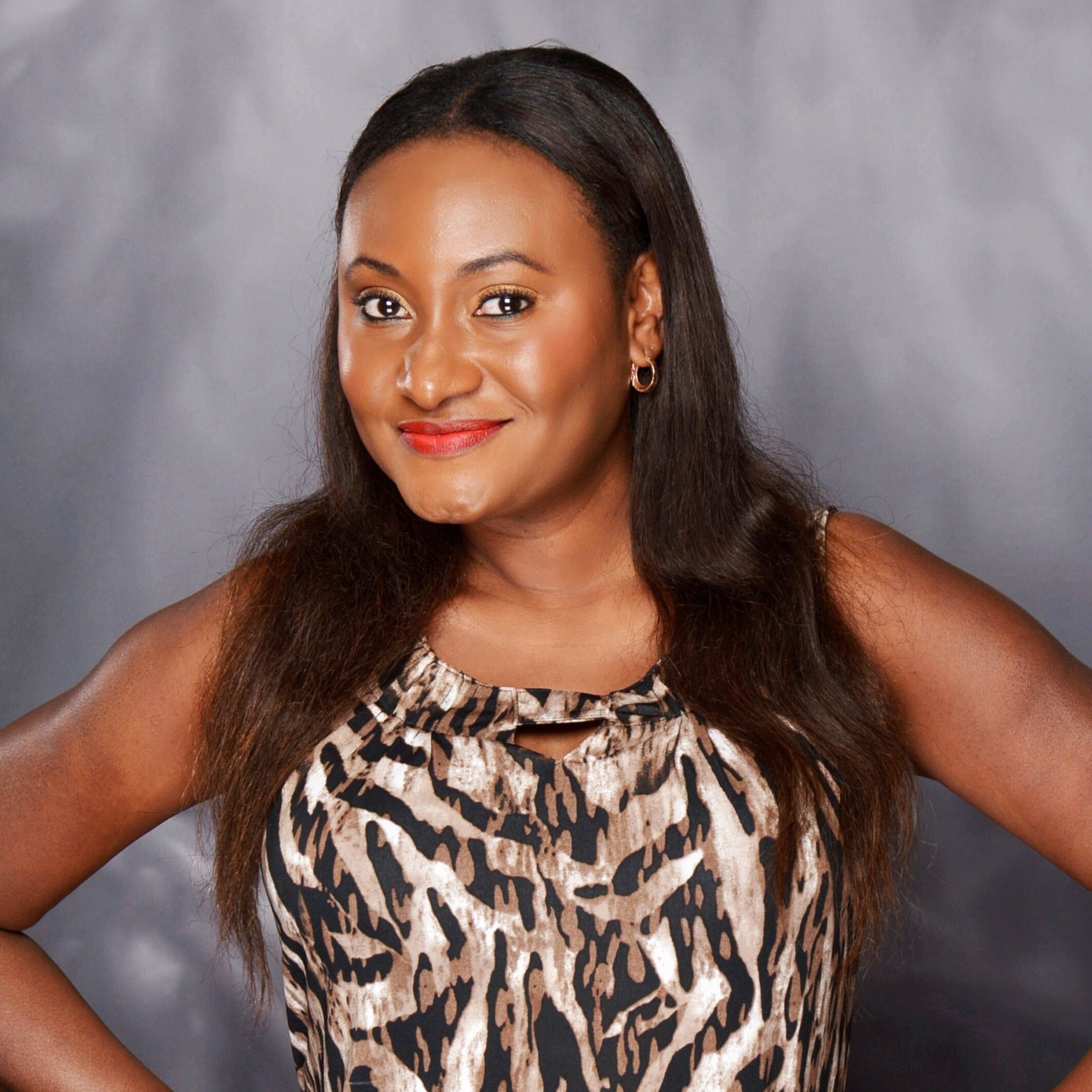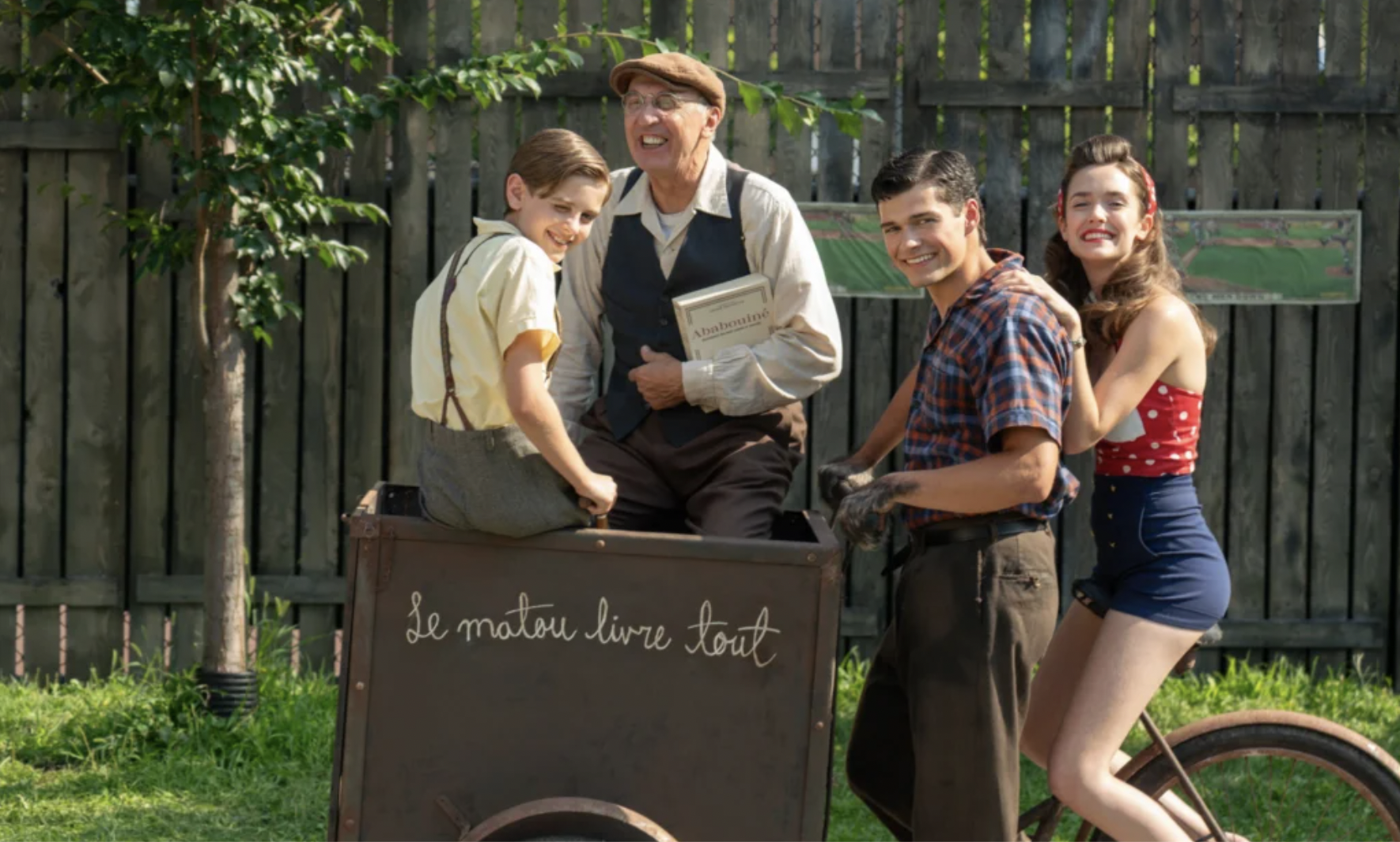Vancouver International Black Film Festival shines a light on Black artists
Fabienne Colas launched her self-titled foundation to mount Black film festivals all across Canada
Fabienne Colas.
The Fabienne Colas Foundation and Global BC present the Vancouver International Black Film Festival from December 13 to 17 at VIFF Vancity Theatre and Studio Theatre and online
FABIENNE COLAS GOT her start in the film industry in her native Haiti, where she appeared as an actor in big- and small-screen productions and became a major star by the time she was 20. A former model who was crowned Miss Haiti 2000, she moved to Quebec in 2005 to further pursue her career, living in Montreal as a landed immigrant. She wasn’t expecting to be turned down wherever she went.
“I could not land an audition,” Colas tells Stir in a phone interview from Montreal. “People would say, ‘You have an accent’ or ‘We don’t know what to do with you because if we cast you we’ll need to cast a Black boyfriend, father, mother, kids, grandmother… Where are we going to find all those Black actors?’ I got some roles, but I could not have the career I thought I would because everybody was Caucasian; every role went to white people.”
She had an idea to bring films from Haiti to Montreal, but again, doors closed on her; she couldn’t find anywhere to screen them.
“I was nobody,” she says. “I was nothing. I was wanting to start from scratch but nobody would give me that start. I didn’t have a voice, I did not have a platform, I did not have a hope in this industry. Most of my white friends did not want to tell me I was not going to make it in the arts because people like you don’t have a face here. That’s when I realized needed to change the game.”
Colas went on to launch her self-titled foundation to support and promote Black culture and independent films. Today, Colas is the founder of the Montreal International Black Film Festival, Canada’s largest Black film festival; the Toronto Black Film Festival; the Festival Haïti en Folie (Haiti on Fire) in Montreal and New York City, the largest multi-disciplinary festival outside of Haiti entirely dedicated to Haitian culture; the Québécois Film Festival in Haiti; the Halifax Black Film Festival, the Ottawa Black Film Festival, the Calgary Black Film Festival, and the Vancouver International Black Film Festival. Spike Lee acted as the honourary president of the 20th-annual Montreal International Black Film Festival earlier this year.
“I decided we’re going to create the Fabienne Colas Foundation to foster and promote education and diversity in the arts,” Colas says. “I became a diversity and inclusion activist when diversity and inclusion did not exist as a term. It was way, way, way before Black Lives Matter. You can imagine how difficult it was for me to swim upstream, against all odds, but we needed to be reflected on screen. The big screen, the silver screen, needs to reflect society’s demographic reality.”
The VIBFF is now entering its fourth year and takes place at VIFF Centre and online from December 13 to 17. With 35 titles from around the globe, it includes feature-length dramas and documentaries as well as shorts. Through her foundation, Colas launched a venture called Being Black in Canada. It’s an incubator program in Montreal, Toronto, Ottawa, Calgary, Halifax, and Vancouver that helps emerging Black filmmakers create their first documentary short while learning the ropes of filmmaking. This year’s line-up consists of films highlighting topics such as women’s issues, migration and displacement, politics, and family.
“If you want sustainable diversity on screen, we need to make sure we cultivate, we train the next generation of Black filmmakers,” Colas says.
The VIBFF opens with Matthew Leutwyler’s acclaimed film Fight Like a Girl. Based on a true story, the release follows the story of a young Congolese woman who rebuilds her life by joining a renowned all-women boxing club in the border city of Goma after escaping captivity in an illegal mineral mine. Among the other releases being screened at this year’s fest are La Hembrita (Baby Girl) by the Dominican Republic’s Laura Amelia Guzmán; Sway by Ontario’s Charlie Hamilton and Zachary Ramelan; and The Book of Voices by Vancouver’s Ivanna Ihekwoaba.
The festival features special events such as the VIBFF Black Market, which offers free industry panels addressing challenges faced by IBPOC talent and professionals. There are curated workshops and discussions aimed at connecting audiences and artists.
“My goal for the VIBFF and for the Black film festival movement in Canada is to make sure that Black film professionals find a home, that they can have a strong voice and a platform to screen films, a way to meet audiences and share ideas with other filmmakers,” Colas says. “The spirit of the festival is not to attract only Black people; I want to bring people together. It’s a unique opportunity to discover Black filmmakers. I’d like people to come celebrate with us and celebrate the talent from diverse backgrounds.” ![]()

































